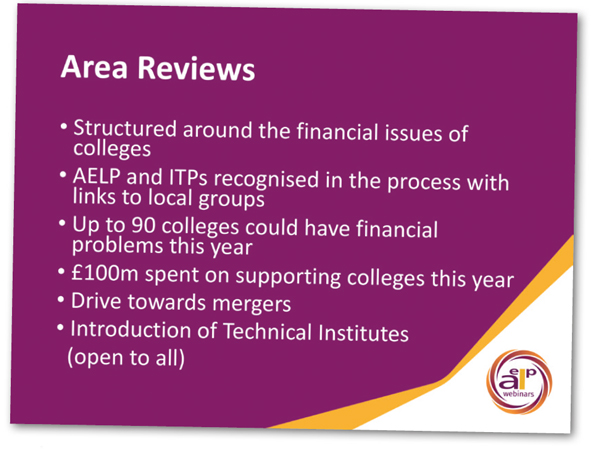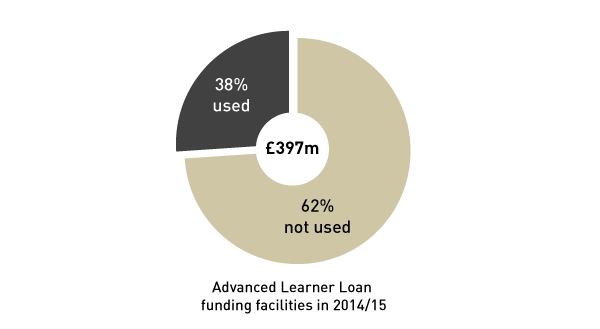The Department for Business, Innovation and Skills (BIS) has been accused of launching an FE “brain drain” through the planned closure of its Sheffield office that could lead to almost 250 people losing their jobs.
The Public and Commercial Services Union (PCS) told FE Week on Monday that 240 civil servants, with a vast combined knowledge of the FE and skills sector, had been warned by BIS that they stood to lose their jobs through plans announced by the department last week.
A 90-day consultation was launched with staff on January 28, a PCS spokesperson said, over the BIS plans to close the office in St Paul’s Place, Sheffield, and centralise policy making to London.
A BIS spokesperson said: “The move will create a combined central headquarters and policy centre in London”, with about six business centres also set to be established across the country with each one focusing on a key business activity.
A former senior employee at BIS told FE Week that the plan to lay off so many experienced staff based in Sheffield, where they produce most BIS data on FE and skills, was crazy.
“They all have a huge amount of FE expertise in Sheffield and it looks like everyone is going to lose their jobs,” the source said.
“It will mean a brain drain at a key time for the government and the sector as a whole, with post-16 area reviews and apprenticeship reforms all pushing forward.”
Lois Austin, the PCS full time official for BIS covering the Sheffield office, told FE Week: “BIS management told us on Wednesday that the loss of expertise that would come with closing Sheffield is a risk worth taking.
“They stand to lose a lot of FE specialist knowledge at a crucial time.
“Sheffield staff provide a crucial function, including building the IT model being used to work out how college restructuring funding can be used [through area reviews].
“The statistical first release and all other key FE-related statistics that inform the sector are also produced from Sheffield.”
She added: “The majority of people who work here tend to be a little bit older and have a lot more experience.
“They brief other civil servants and policy makers on how to improve policy, for example relating to apprenticeship reforms.”
Martin Donnelly, the BIS permanent secretary, said on January 28: “The decision to close Sheffield by 2018 has not been taken lightly.
“It is my top priority that all our staff are fully briefed and consulted on the process. We will provide comprehensive support to all those facing a potential change or loss of job.”
However, BIS declined to respond to FE Week requests for a comment on concern at what effect losing so many civil servants with FE expertise could have on the apprenticeship and skills reform programme.
It also declined to comment on whether it had started recruiting replacements for the Sheffield staff to work in London, which FE Week understands is already happening, or provide more details about how the new business centres will serve FE.




